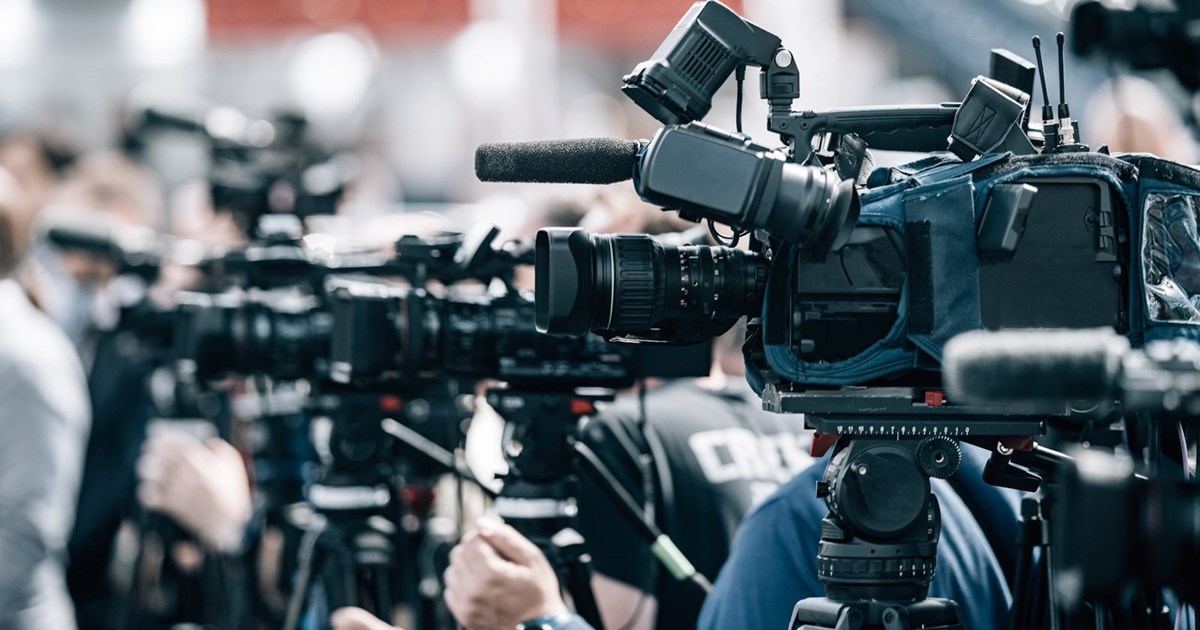Kurdistan Region: A Beacon of Media Freedom and Journalistic Excellence

The Kurdistan Regional Government (KRG) is committed to advancing the freedom of the press and fostering a vibrant media landscape, recognising it as a cornerstone of good governance and the protection of human rights and liberties.
Under the purview of the Ministry of Culture and Youths, and in partnership with the Journalists Union, a remarkable 127 local channels, 30 satellite channels, 176 radio stations, 121 websites, and 988 newspapers and magazines have been granted licenses in the Kurdistan Region, signaling a rapid and robust expansion of the media sector.
Sherwan Abdullah, Director of Media, Print and Publications at the Ministry of Culture and Youths, highlighted the importance of Kurdistan's journalism legislation in its unwavering support for a free press. He noted that these regulations have evolved to also encompass the burgeoning electronic media landscape, aimed at safeguarding the public interest and fundamental human rights.
Emphasising the necessity of media regulation, Abdullah explained, "Electronic media entities must register to comply with legal requisites, ensuring that they operate within the boundaries of the law. Failure to do so may result in legal proceedings and prosecution as an unauthorised media source. Registration also empowers electronic media to engage in journalism without constraints. The guidelines and regulations seek to facilitate orderly conduct rather than impose censorship or restrictions. It is imperative that every media outlet is known and documented in the interest of the public."
The KRG is actively revising its media policies to bolster and broaden the media landscape, while upholding the safety of journalism. To date, more than 8,000 journalists have been officially registered with the Journalists Union.
Azad Hama Amin, Secretary of the Journalists Union, emphasised the effectiveness of the legal framework governing journalism in the Kurdistan Region, ensuring professionalism and adherence to high standards. He stressed that these regulations are designed to support those who maintain professional integrity and contribute to the robust media presence in the region.
In evaluating press freedom in the Kurdistan Region, Hama Amin underscored the importance of impartial assessments, devoid of political affiliations or special interests. He recommended that such evaluations should be conducted by experts and academic institutions, drawing upon their data and expertise, to provide a comprehensive and unbiased view of the media landscape.
Department of Media and Information
